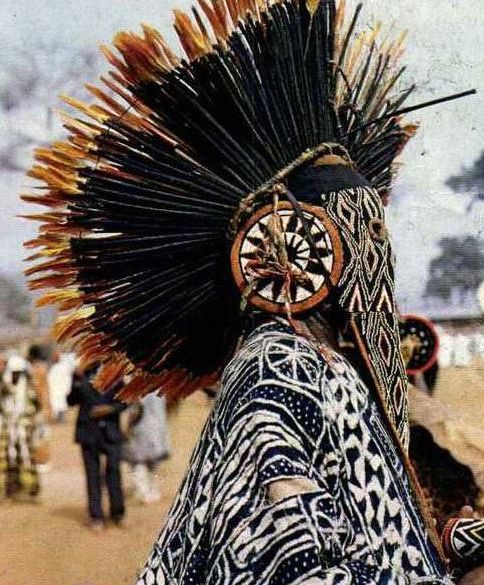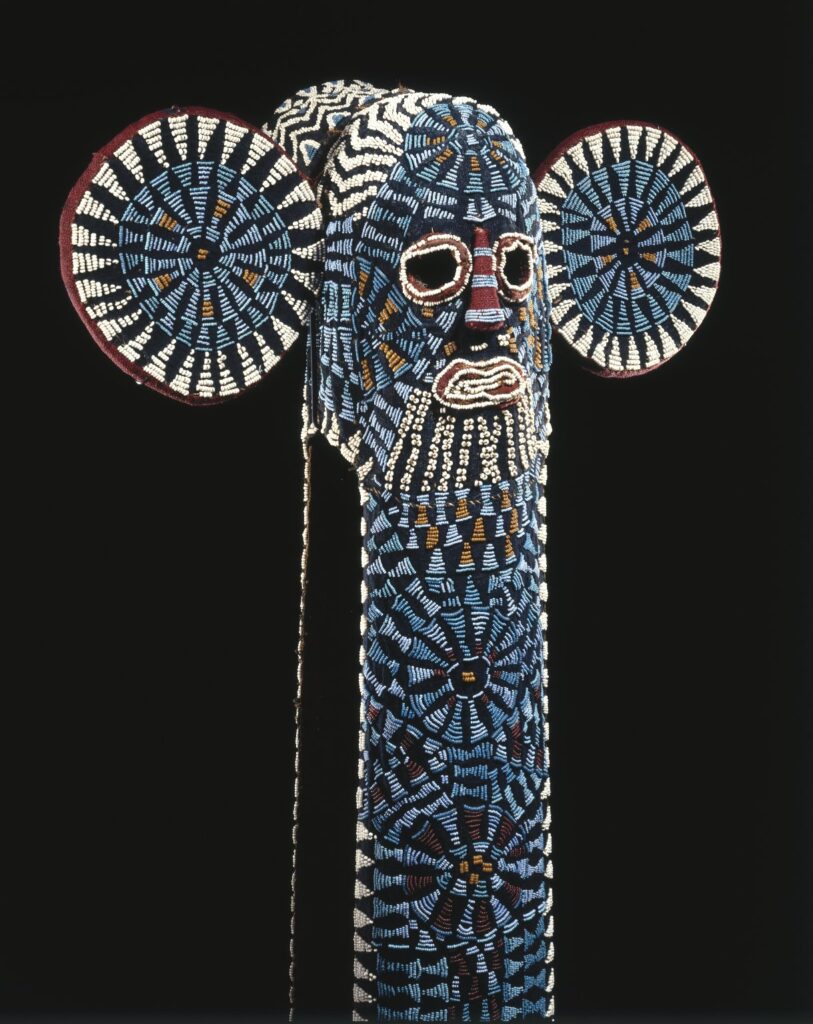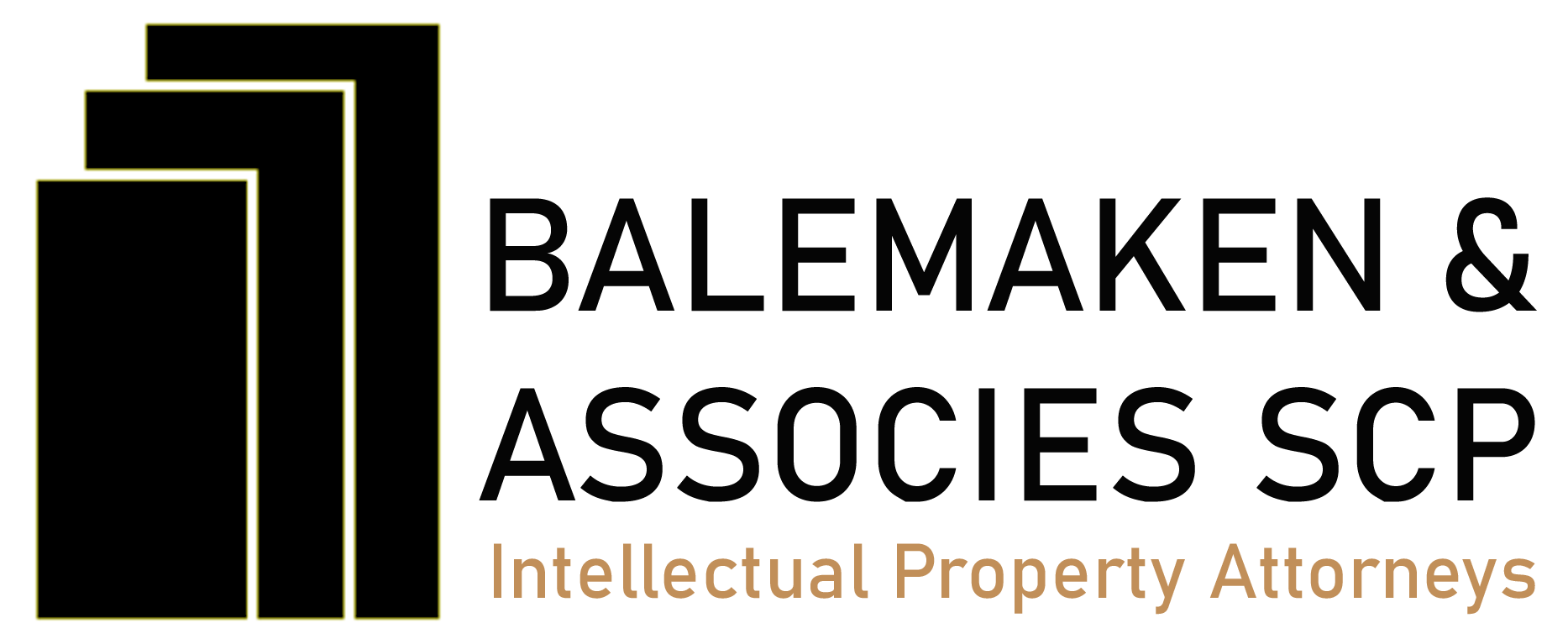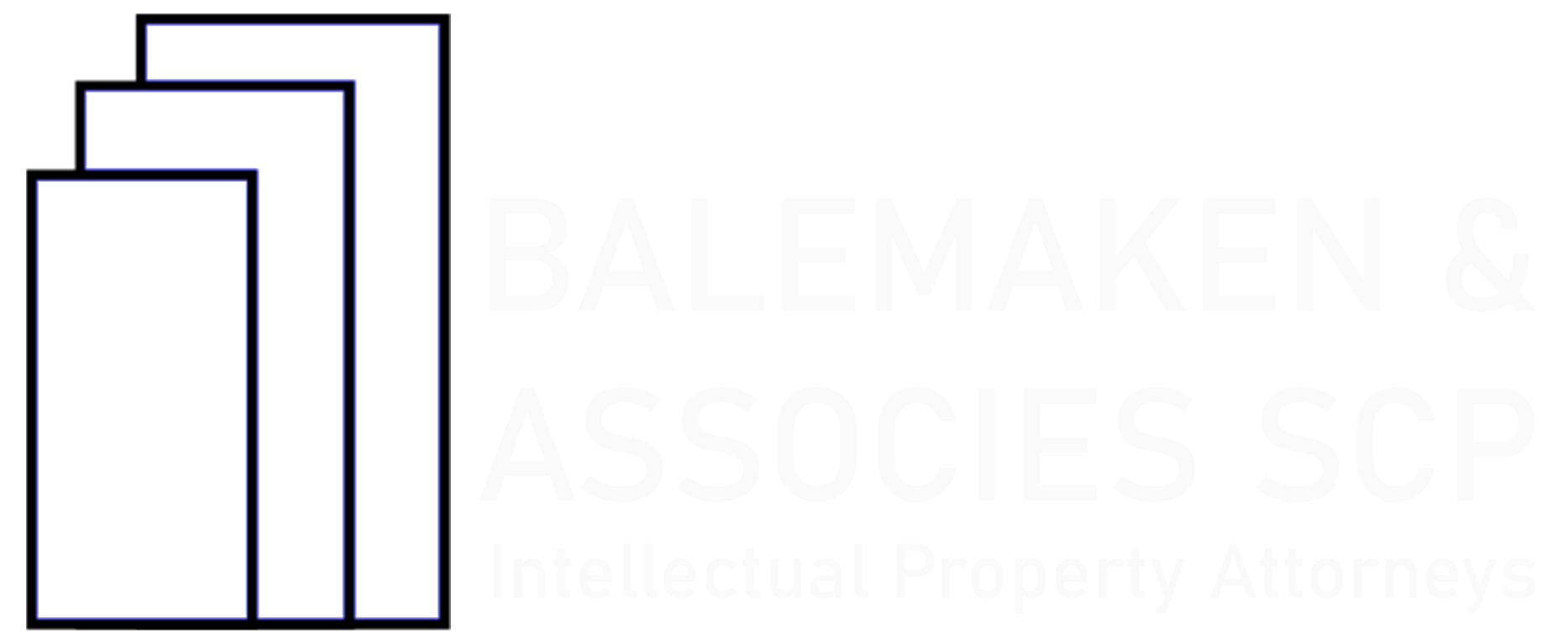The protection of cultural heritage, Traditional Knowledge (TK), and Traditional Cultural Expressions (TCE) in Cameroon
Beyond the unsettled topical debates on the protection and exploitation of intangible cultural heritage and intellectual property works, Cameroon’s legal arsenal on the issue was anchored on two norms, the 1991 law on the protection of cultural and natural heritage, and annex 7 of the 1999 Revised Bangui Agreement.
These pieces of legislature principally dealt with three objects, cultural heritage, natural heritage, and copyright law with the former being restricted to folklore, site, monuments, and ensembles. No references were expressly made to traditional knowledge, associated traditional knowledge, etc. Folklore was instead considered a garbage cane where everything was inserted, literary works, artistic expressions, religious expressions, ancestral knowledge … were all thrown into the folklore box. To make things worst, copyright was invited to the party through Cameroon’s 2000 copyright law ruling on the ownership of cultural heritage and authorizations to exploit the same.
In the face of these shortcomings, Cameroon enacted on the 8th April 2013 its law governing cultural heritage, and on July 9th, 2021 a law governing access to genetic resources, their derivatives, traditional knowledge associated with genetic resources, and the fair and equitable sharing of the benefits arising from their utilization. These laws, together with intellectual property law, civil and criminal laws form the corpus of legal norms governing the protection of cultural heritage, (TK) and (TCE) in Cameroon.
Norms expressly governing the protection of cultural heritage, (TK) and (TCE) in Cameroon
Two laws expressly govern the protection of cultural heritage, (TK) and (TCE) in Cameroon with each having its scope and novelty.

- The April 8th, 2013 law on cultural heritage
1.1. Scope of protection and safeguards under the 2013 law governing cultural heritage in Cameroon
– The law protects cultural tangible and intangible classified goods or works. It gives an exhaustive list of what is considered moveable cultural goods, immovable cultural goods, and intangible cultural goods or works;
– It expressly identifies (TK) and (TCE), and classifies them in the category of intangible cultural goods or works;
– It establishes rules governing property rights over cultural heritage, (TK) and (TCE);
– It lays down rules governing the management, inventory, classification, acquisition, and promotion of cultural heritage, (TK) and (TCE);
1.2. Innovations under the 2013 law on governing cultural heritage
– Apart from the State, the law has extended property rights over cultural heritage, (TK) and (TCE) to public collectivities and individuals;
– The law has equally included new actors in the management of cultural heritage, (TK) and (TCE), namely decentralized territorial collectivities, the private sector, and the civil society;
– New rules governing the inventory and classification proceedings of cultural heritage, (TK) and (TCE) has been set with additional actors included;
– New rules governing valorization, creation of derived works from the cultural heritage, (TK) and (TCE), duplication of classified works, sales and circulation of classified works or goods has been set;
– It has laid down penal provisions and civil liability arising from breach of cultural heritage, (TK) and (TCE);
– It has created a national fund for the protection and valuation of cultural heritage.
- The July 9th, 2021 a law governing access to genetic resources, their derivatives, traditional knowledge associated with genetic resources, and the fair and equitable sharing of the benefits arising from their utilization
2.1. Scope of protection and safeguards under the July 9th, 2021 law covering traditional knowledge associated with genetic resources
It addresses:
– Access to associated traditional knowledge, including that of individuals or indigenous and local communities;
– Benefits sharing arising from the utilization associated traditional knowledge with genetic resources;
– Transfer of associated traditional knowledge and research findings to third parties for development or commercial purposes;
– Obtaining intellectual property rights on the use of genetic resources, their derivatives, and/or associated traditional knowledge;
– International cooperation and cross-border aspects relating to traditional knowledge associated with genetic resources;
– Current use of previously acquired genetic traditional knowledge.
2.2. Innovations under the July 9th, 2021 law covering traditional knowledge associated with genetic resources

– The law has created a National Authority on access to genetic resources, their derivatives, and/or associated traditional knowledge;
– It has laid down mechanisms governing inspections, controls, and monitoring of the utilization of genetic resources, their derivatives, and/or associated traditional knowledge;
– It has laid down civil and penal provisions governing the breach of the law;
– It has equally established fiscal and financial provisions arising from the utilization of genetic resources, their derivatives, and/or associated traditional knowledge.
Apart from these statutory norms, cultural heritage, (TK) and (TCE) can alternatively be covered in Cameroon by copyright notably derived works from the cultural heritage, and non-intellectual property laws namely:
(a) Unfair competition law;
(b) Trade practices and marketing laws;
(c) Contracts and licenses;
(d) Registers, inventories and databases;
(e) Customary and indigenous laws and protocols;
(f) Cultural heritage preservation laws and programs;
(g) General law on civil liability and other remedies, such as rights of publicity, unjust enrichment, confidential information, and blasphemy;
(h) Criminal law.




